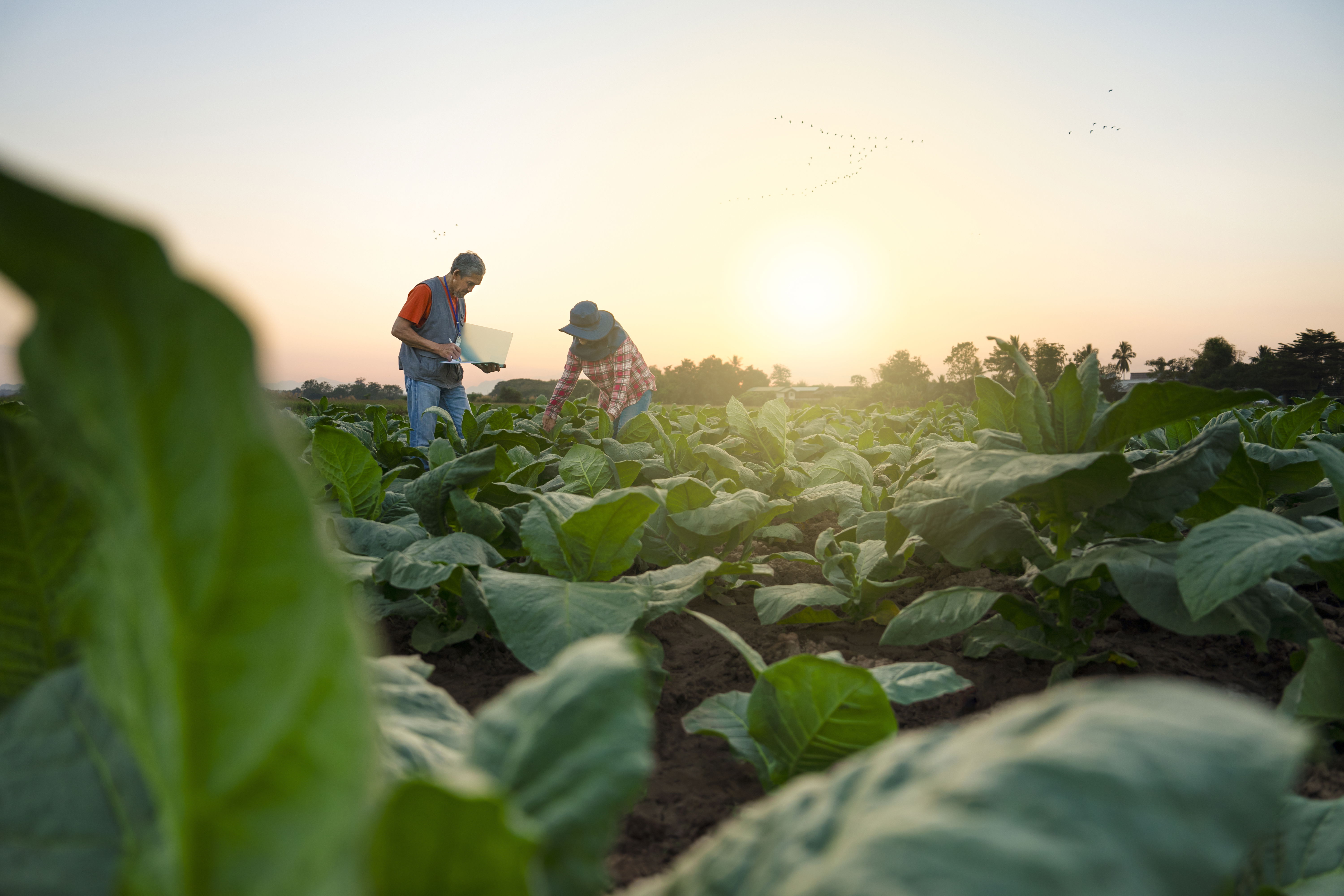Embracing Local: Maximizing the Philippines' Agricultural Wealth
The Philippines is blessed with rich and diverse agricultural resources, offering a treasure trove of fresh, locally sourced foods. By appreciating and utilizing these resources, Filipinos can enjoy a multitude of benefits—from nutritional gains to community empowerment, and even sustainable waste management.
Nutritional Benefits
Locally sourced foods are packed with nutrients that are essential for a healthy diet. Fresh fruits, vegetables, and grains grown in the Philippines are rich in vitamins, minerals, and antioxidants. For instance:
- Moringa (Malunggay): Known as the "miracle tree," moringa leaves are loaded with vitamins A, C, and E, as well as calcium and iron. Incorporating moringa into meals can boost the immune system and improve overall health.
- Bananas: A staple fruit, bananas are an excellent source of potassium, fiber, and vitamin B6. They help maintain heart health and support digestive wellness.
- Rice: The Philippines' primary staple, rice is a vital source of carbohydrates, providing energy for daily activities.
Community Benefits
Supporting and consuming locally sourced foods not only benefits individual health but also strengthens communities:
- Economic Growth: Purchasing local produce supports farmers and small businesses, contributing to the local economy and creating job opportunities.
- Cultural Preservation: Embracing traditional foods and farming practices helps preserve the rich cultural heritage of the Philippines, fostering a sense of pride and identity.
- Food Security: By relying on local food sources, communities can become more self-sufficient, reducing dependence on imported goods and enhancing food security.
Waste to Consumption Benefits
Sustainable agricultural practices can also address the issue of food waste, turning potential waste into valuable resources:
- Composting: Organic waste from kitchens and farms can be composted to create nutrient-rich soil, which in turn supports healthier crops.
- Food Innovations: Innovative approaches to food processing can help reduce waste. For example, fruit peels and vegetable scraps can be transformed into nutritious snacks or ingredients for other products.
- Zero-Waste Markets: Promoting zero-waste markets encourages consumers to buy only what they need, reducing excess waste and supporting sustainable consumption habits.
A Call to Action
By appreciating and utilizing the abundant agricultural resources of the Philippines, we can reap numerous benefits that enhance our health, empower our communities, and promote sustainable practices. It's time to embrace local foods and innovations, and transform our approach to agriculture for a brighter, healthier future.

Disclaimer: The views and opinions expressed in this article are those of the author and are based on publicly available information. The author does not claim or guarantee the accuracy, completeness, or reliability of the information presented. Any reliance you place on such information is strictly at your own risk. For legal advice, please consult a professional.